Reducing fat, sodium, limiting potassium, phosphorus, prioritizing foods rich in lean protein, fresh vegetables and fruits helps preserve kidney function.
Nephrotic syndrome is a condition in which the body loses more than 3g of protein per day through urine. The cause of this syndrome is inflammation and damage to the glomerular filtration membrane, affecting the body's blood filtration function.
According to specialist doctor II Dinh Cam Tu (Urology - Nephrology Center, Tam Anh General Hospital, Ho Chi Minh City), people with nephrotic syndrome, whose kidney function is impaired, need a suitable diet to help the body stay healthy and prevent dangerous complications. Depending on the condition, age and weight, specialists will give specific advice to each individual. However, for people with nephrotic syndrome, the following general dietary principles are needed:
Reduce sodium (salt) : The total amount of salt consumed by people with nephrotic syndrome is 2-3g/day (about 2/3 teaspoon). The amount of salt consumed is not only from refined salt, but salt is also available in food (vegetables, fruits, meat, fish). In particular, people with nephrotic syndrome need to avoid foods containing a lot of salt such as salted meat, bacon, sausages, french fries, salty crackers, snack cakes, pickles, fish sauces...
Prioritize lean protein foods : Protein is essential for muscle growth and helps fight infections. Protein-rich foods to include include eggs (egg whites), lean meats, poultry, fish, crab, shrimp, beans, whole grains; reduce red meat. However, the amount of protein intake should change depending on the stage of the disease.
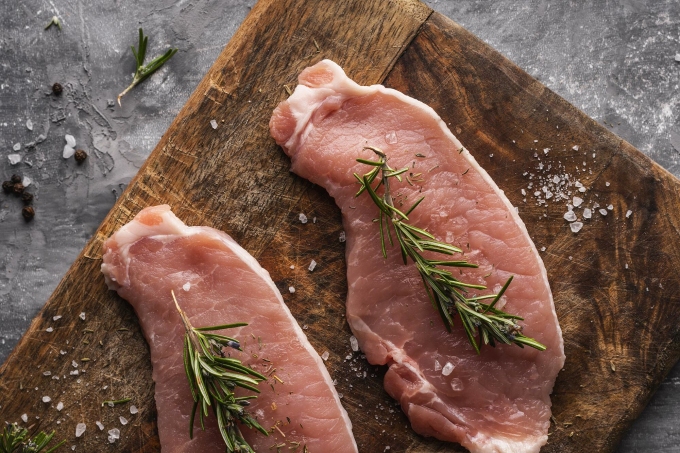
Lean protein should be prioritized for people with nephrotic syndrome. Photo: Freepik
The amount of protein calculated for people with kidney failure is on average 1g/kg/day + the amount of protein lost through urine in 24 hours. Of which, 1/3 is vegetable protein (rice, noodles, beans...), 2/3 is animal protein (from meat, fish, shrimp, crab, eggs, milk).
Limit fat : Use healthy fats such as olive, canola, coconut, or sunflower oil. Limit saturated fats (dairy, animal fats) and trans fats (partially hydrogenated oils in fast foods and processed foods).
Limit foods rich in potassium : Potassium is a mineral that plays a role in coordinating muscle function, including the heart. However, people with kidney failure cannot eliminate excess potassium to balance the concentration of this substance in the blood, causing this component to exist in excess in the blood. This condition can cause irregular heartbeat, chest pain, ventricular fibrillation... leading to death.
Foods high in potassium are found in many fruits and vegetables such as apricots, avocados, artichokes, dates, cantaloupe, kiwi, mango, pomegranate, melon, oranges, carrots, potatoes, bananas, tomatoes, spinach, sweet potato leaves, water spinach, beans, dried fruits... Consuming too much of these foods will cause potassium to accumulate in the blood. Therefore, patients need to carefully select fruits and vegetables. The potassium supplement requirement of people with kidney failure is < 2g per day.
Limit foods rich in phosphorus : Phosphorus is found in foods such as meat, fish, milk, dairy products, nuts, seafood and is present in fast food and other packaged foods. The role of phosphorus is to keep tissues, muscles, and bones strong. However, when the kidneys are weak, they will not be able to filter much phosphorus in the blood. Too much phosphorus in the body will cause calcium to be eliminated from the body, leading to weak bones, calcium deposits in many organs such as the heart, eyes, lungs, increasing the risk of stroke. People with kidney failure should limit phosphorus to 1,000 mg/day.
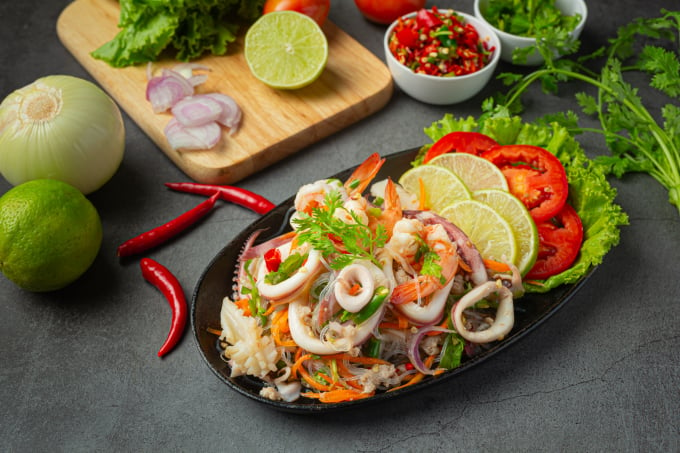
People with nephrotic syndrome need to limit foods high in phosphorus. Photo: Freepik
Limit water intake : Water is essential for the body, however, when the kidneys are damaged, it is necessary to limit water intake compared to the normal water level, because at this time, the damaged kidneys cannot excrete excess fluid. At the same time, the loss of a lot of protein through urine leads to a decrease in blood albumin, causing a decrease in colloidal pressure in the blood, making the edema worse. Water retention can cause high blood pressure, edema, difficulty breathing, shortness of breath, heart failure....
Depending on the severity of the disease, the condition of edema, and the amount of urine produced each day, there is an appropriate amount of water to drink. The amount of water consumed should be balanced with the amount of water excreted. The appropriate amount of water to drink is estimated by the amount of water excreted plus 500ml and the amount of abnormal fluid loss.
A proper diet for kidney patients is very important. It is necessary to strictly follow the selection of good foods, appropriate diet to help preserve kidney function as well as reduce symptoms of fatigue, maintain a reasonable weight, reduce infections and prevent loss of muscle mass for patients. In case you are still confused about building a menu for kidney patients, you should consult a specialist, Dr. Cam Tu shared more.
Quyen Phan
Source link




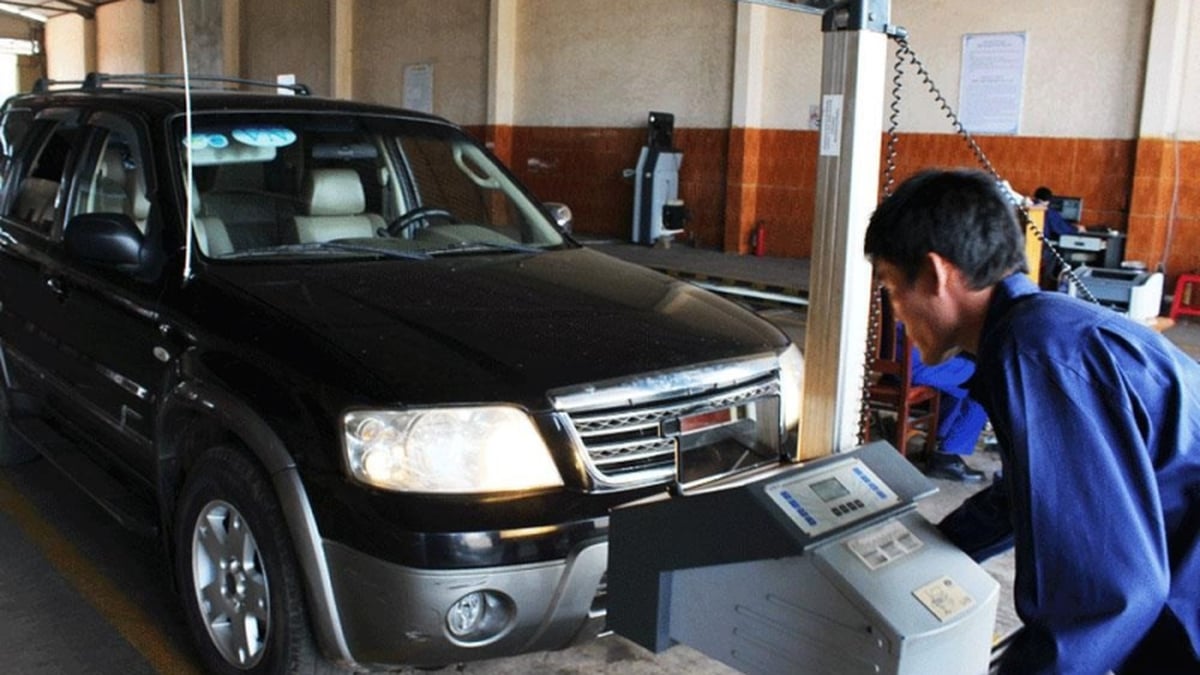
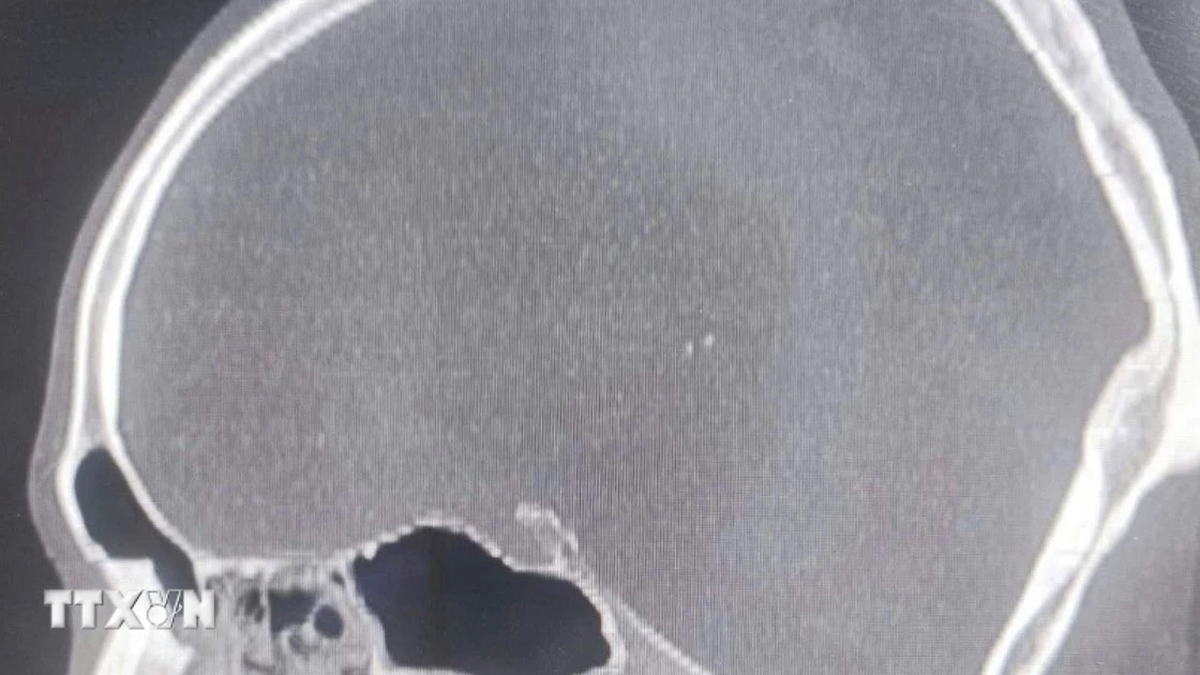
























































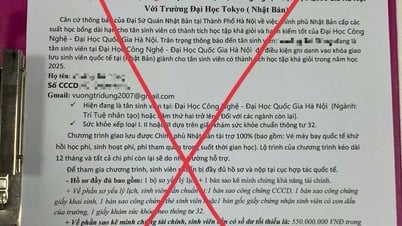






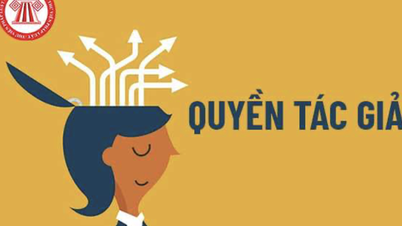





























Comment (0)